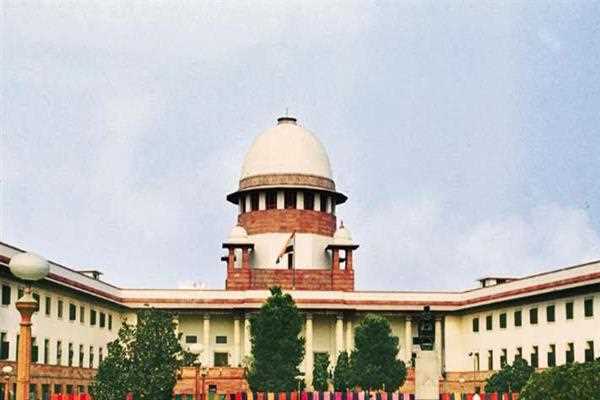The Supreme Court of India is the highest court in the country and is responsible for hearing all cases. It is located in New Delhi and is composed of a Chief Justice and 30 other judges. The court has jurisdiction in three areas: original, appellate, and advisory. The court hears all cases of a civil and criminal nature. The Supreme Court has original jurisdiction over all matters of fundamental importance and also has the power of judicial review. It hears appeals from all lower courts and tribunals in the country.
The Supreme Court of India was established in accordance with Chapter IV of Part V of the Indian Constitution. 'The Union Judiciary' is the fourth Chapter of the Indian Constitution. The Supreme Court of India has exclusive jurisdiction under this Chapter. The Supreme Court of India was established and established under Article 124. The Supreme Court is to be the Court of Record, according to Article 129. The Supreme Court's Original Jurisdiction is authorized by Article 131. The Supreme Court's Appellate Jurisdiction is authorized by Articles 132, 133, and 134. The Supreme Court is given the power of the Federal Court under Article 135.
Article 136 governs Special Leave to Appeal to the Supreme Court. Article 137 defines the Supreme Court's review authority. Article 138 addresses the expansion of the Supreme Court's jurisdiction. Article 139 deals with the delegation of powers to the Supreme Court to issue certain writs. Article 140 delegated ancillary powers to the Supreme Court. Article 141 of the Constitution grants the Supreme Court the power to make laws. The Supreme Court's decision is binding on all courts in the country.
